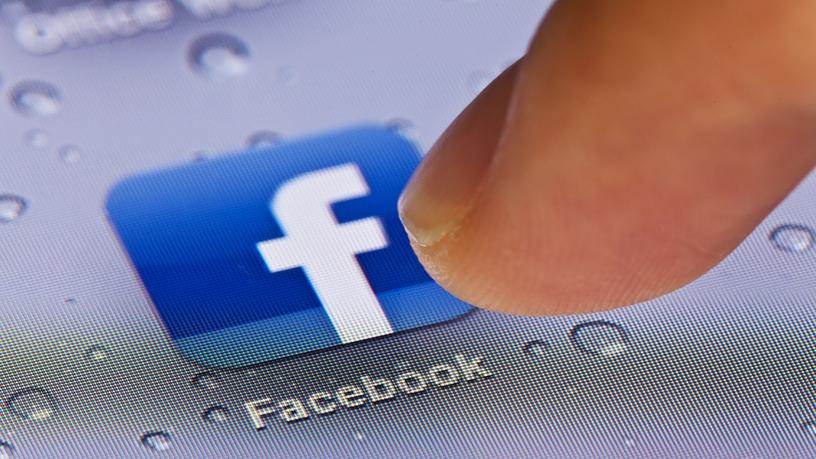Africa's NGOs, Facebook push for safer internet
Africa's NGOs, Facebook push for safer internet

Facebook has announced that is collaborating with non-profit organisations representing over 15 African countries to mark Safer Internet Day 2019 today, and drive an awareness campaign together for a better internet.
Several countries are involved in the campaign to promote safer internet and draw attention to concerns such as cyber bullying and cyber crime. They include Benin, Cameroon, the Central African Republic, Côte d'Ivoire, the Democratic Republic of Congo, Ghana, Kenya, Malawi, Mauritius, Nigeria, Senegal, South Africa, Tanzania, Uganda, Zambia and Zimbabwe.
In South Africa Facebook is partnering with The Film and Publication Board (FPB), Media Monitoring Africa (MMA), Google, Department of Telecommunications and Postal Services (DTPS) to launch the Web Rangers Programme 2019.
In Kenya Facebook is supporting Watoto Watch's Safer Internet Day event for students at Ngunyumu Primary School in Nairobi. The event is the launchpad for the "A Million Campaign", which seeks to raise awareness about online safety among schoolchildren.
In Nigeria, Paradigm Initiative Nigeria is running workshops on safer internet use as part of its LIFE program in Kano, Lagos and Aba. Facebook's Safe Online trainers will run two-hour workshops in both PIN's LIFE Centres and at schools in Kano and Lagos for this initiative.
"We know that safety is a shared conversation, which is why we are excited to be working with so many stakeholders around the continent to make the Internet a better place," says Sherry Dzinoreva, Public Policy Programs Lead at Facebook Africa.
Facebook as a forum
In January 2019 ITWeb reported on a series of recommendations, made by academics at the University of Oxford in the UK and Stanford University in the US, on how Facebook could improve as a forum for free speech and democracy.
Among the recommendations was that the social network should provide news feed controls for users and establish regular auditing mechanisms to aid democracy and free speech on its platform.
In September 2018, the social network made global headlines after fifty million users were reportedly exposed to ID fraud following a major cyber attack.
